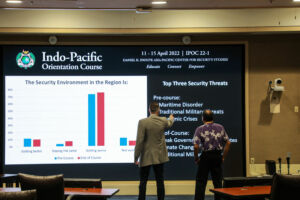 Understanding the complexity of the Indo-Pacific region was the focus of the recent Indo-Pacific Orientation Course recently held at the Daniel K. Inouye Asia Pacific Center for Security Studies (DKI APCSS) in Honolulu, HI.
Understanding the complexity of the Indo-Pacific region was the focus of the recent Indo-Pacific Orientation Course recently held at the Daniel K. Inouye Asia Pacific Center for Security Studies (DKI APCSS) in Honolulu, HI.
During the 5-day course, 127 military and civilian security practitioners received a series of lectures that equipped them to engage in security efforts in the Indo-Pacific region. In keeping with DKI APCSS’ shared learning model, the course schedule followed each plenary lecture with professor-led small group discussions. Many Fellows expressed that they learned the most from these discussions.
“Hearing the different perspectives from the other agencies and other countries is so important when you are thinking through how to coordinate, how to better message, how to better program. So I really appreciate all the different perspectives,” said Rebekah Eubanks, Deputy Mission Director, Philippines, and U.S. Agency for International Development. “Also, just the opportunity to come here and soak info on my new region. These opportunities are rare.”
In detailing the region’s security dynamics, the 15 plenary lectures provided not just the U.S. perspective but also the perspectives of its various allies and competitors. The topics included, amongst others, climate and environment, economics, cyber security, maritime security, and good governance.
On the final day, Adm. Sam J. Paparo, Jr., Commander, U.S. Pacific Fleet, addressed the course as a special guest speaker. With security threats looming, Adm. Paparo emphasized the interdependency of nations within the region and the need for security practitioners from all sectors to rely on each other for their well-being.
“If you were to sum up all of the center of gravity across diplomatic, informational, military, economic power, it rests squarely in Asia,” said Adm. Paparo in his remarks to the course.
In an end-of-course survey, an overwhelming majority of Fellows voted that they believe that the security environment in the region is getting worse. The Fellows also voted on what they thought were the top three security threats facing the Indo-Pacific, which were good governance/fragile states, climate change, and traditional military threats.
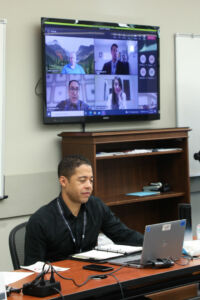 Despite the downward trending view of the region, U.S. Air Force Maj. Chance Smith found room for optimism.
Despite the downward trending view of the region, U.S. Air Force Maj. Chance Smith found room for optimism.
“While we are hyper-focused on the challenges that exist regionally, like growing Chinese influence, there is so much opportunity for partnerships and alliances with other states in the region,” said Smith who is currently serving as aide-de-camp to the Commander, U.S. Forces Japan. “I think there’s a lot of opportunity when we think about the example we can provide in terms of supporting and enforcing the rules-based international order.”
Six participants represented officers and civilians from the U.S. Pacific Air Force (PACAF). For many of the PACAF officers who work at the ground level for international affairs, the comprehensive view of the region helped them find purpose in what they do every day.
“This will absolutely change the way I do day-to-day business,” said Col. Stephen Marshall, Chief, International Affairs Division, and U.S. Pacific Air Force (PACAF). “Not only the way I advise my desk officers but also the way I advise the leaders on how they engage. I think this will change the way we do things at PACAF.”
“Often in the U.S. government, especially for us action officers, we are always doing these very tactical level engagements without understanding the big picture,” said Air Force Maj. Kevin Chao, India Country Director, International Affairs, PACAF. “The only recommendation I can have is to figure out a way where we can have everybody in this class because I think it is very important. You have to go back to the why, and for me, that makes me work even harder for what we do in international affairs. ”
While the Center’s courses typically focus on inviting international participants, IPOC focuses on participants who work typically in the U.S. government. To qualify for a seat in the course, the participants must hold a position that deals with international or intergovernmental engagements with the region. For IPOC 22-1, the participants represented the Department of Defense, Department of State, Department of Interior, Department of Commerce and Homeland Security. Five Fellows represented foreign governments that included the Republic of Korea and the United Kingdom. Utilizing a hybrid approach that integrated both virtual and live audiences, seventy-four Fellows attended in person while the rest attended virtually.
“The real value of this education is what we do next,” said course manager Dr. James Minnich. “What matters now is how we apply what we learned and take actions and change our behaviors to bring about better security.”


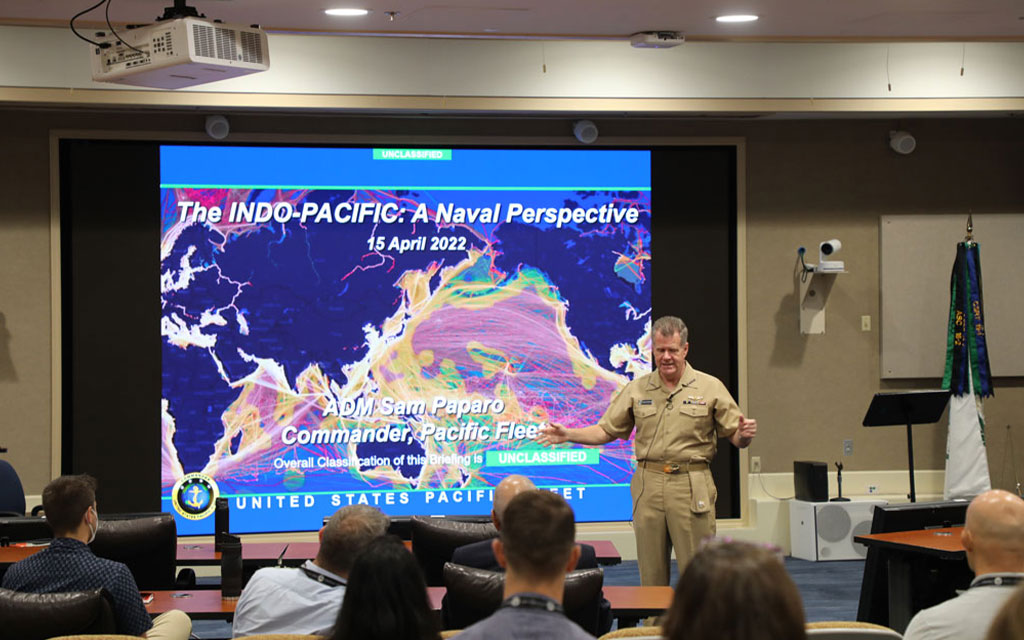
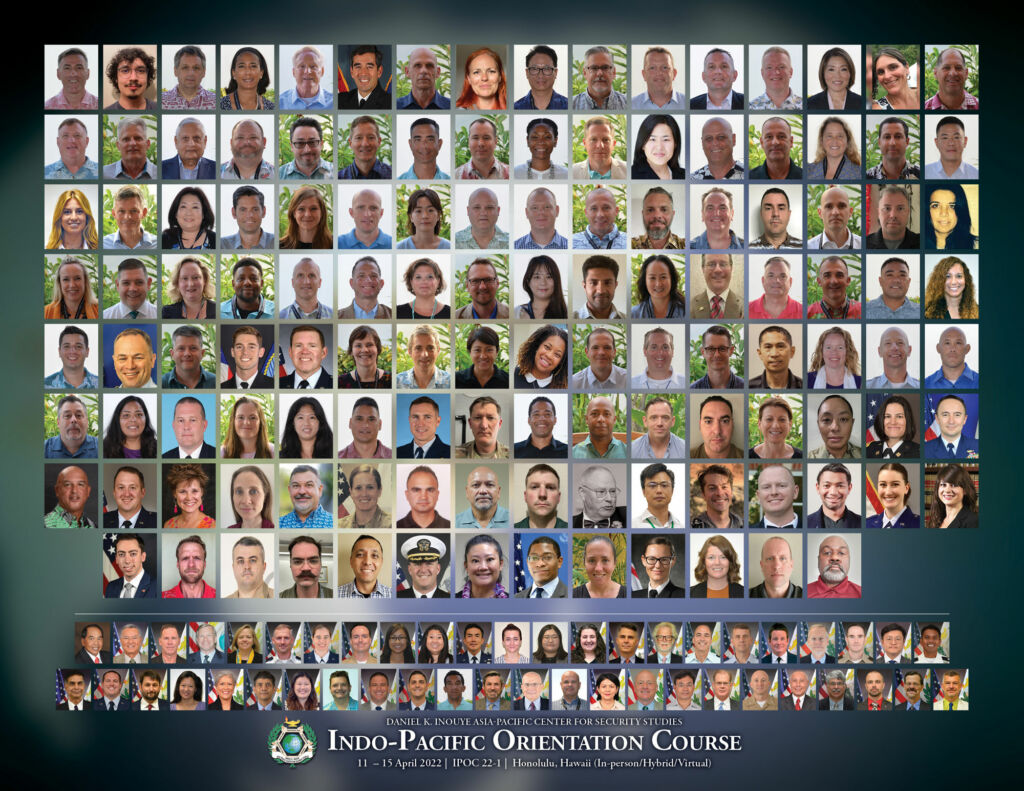
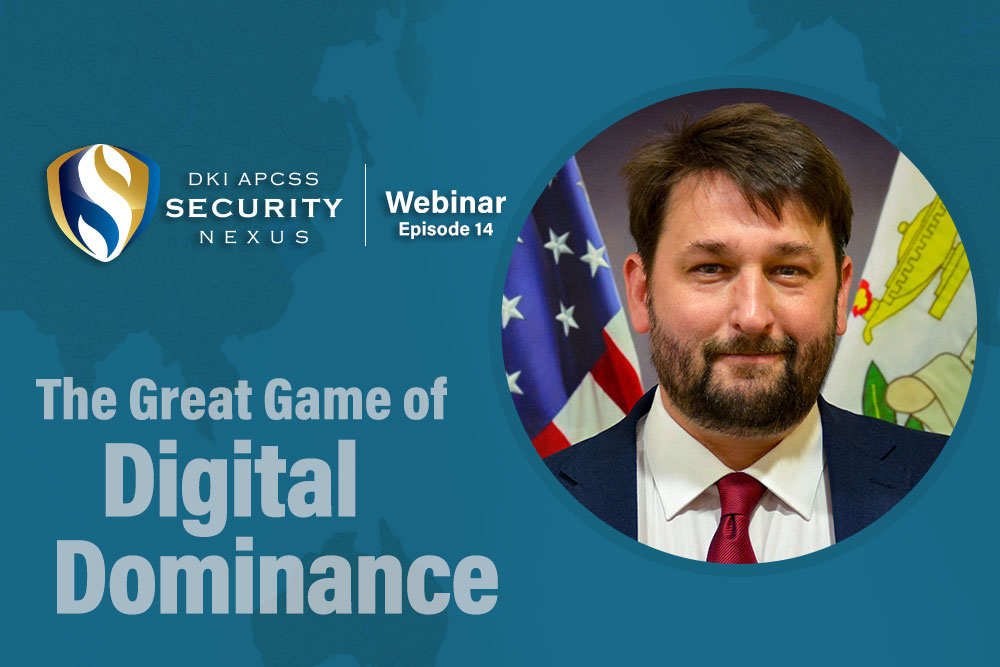
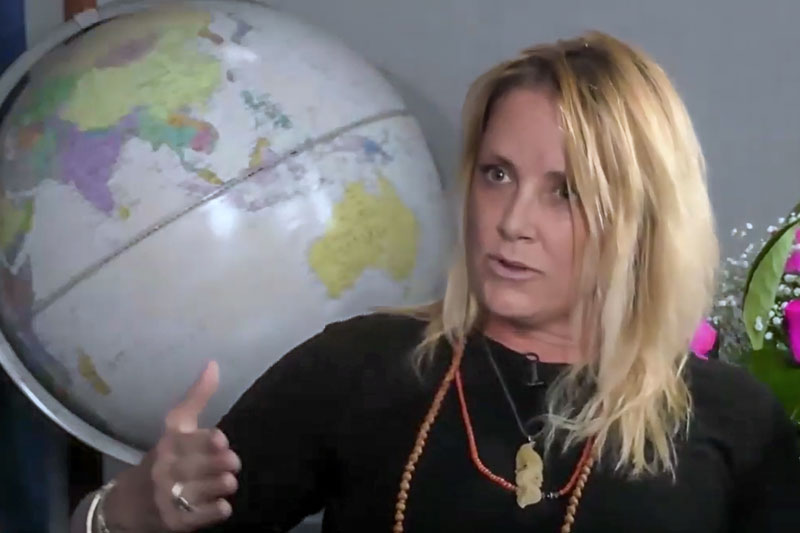
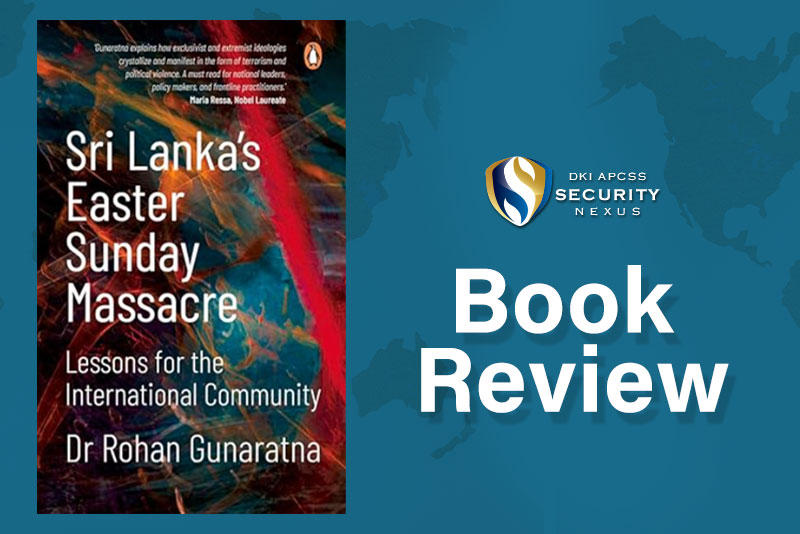




Leave A Comment